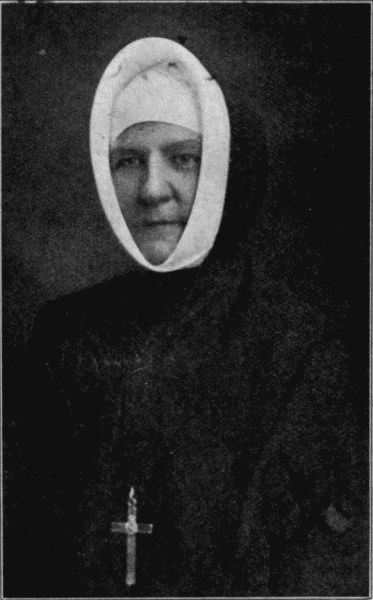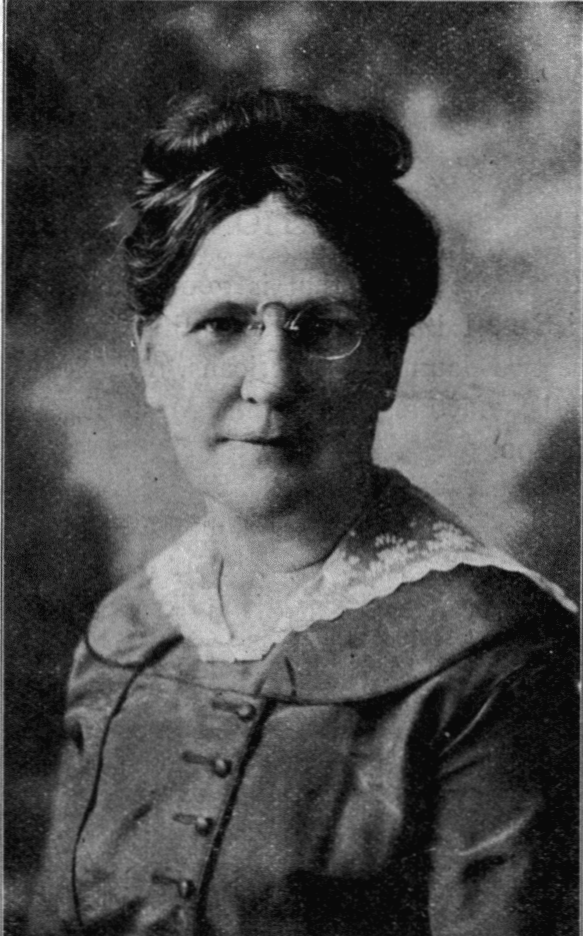
Cover
THE DEMANDS OF ROME

Elizabeth Schoffen as Sister Lucretia

Elizabeth Schoffen, Lecturer and Author
DEDICATION
In the name of all that is good, kind andChristian, I humbly dedicate this book tothose two dauntless Americans, my friendsand benefactors, Mr. and Mrs. E. U. Morrison.[5]
"The Demands of Rome"
—By—
ELIZABETH SCHOFFEN(SISTER LUCRETIA)
Second Edition
Her Own Story of Thirty-One Years as a
Sister of Charity in the Order of the
Sisters of Charity of Providence of
the Roman Catholic Church
PUBLISHED BY THE AUTHOR, PORTLAND, OREGON
Copyright, 1917,
by
ELIZABETH SCHOFFEN
(All rights reserved)
PREFACE.
After many entreaties and a sincere vow, it is now "mine to tell thestory" of "The Demands of Rome" as I have lived them during my long lifeand faithful service in the Roman Catholic Church and sisterhood. Iwould sound this story in the ear of everyone who has the interest ofthe oppressed at heart—in the ear of everyone who has the interestof disseminating knowledge, the light and power of which would be agreat help to the freeing of the captive from religious bondage. For asI view it now, religious bondage is the most direful of all.
In a few words, "The Demands of Rome" from theindividual are from the "cradle to the grave," and they donot stop there, he is followed through "purgatory" and intoeternity. In the commercial world, you must listen to "TheDemands of Rome" or the Roman Catholic trade goes elsewhere,and the anathema of the church is invoked upon you.
The church of Rome demands property, and when they have it, demandthat they be not taxed for that privilege; they demand wealth, neverbeing satisfied, but forever demanding; they demand the suppressionof liberty; they demand life; they demand death.
Now, as a sister in the church of Rome, it is demand from the very dayshe enters the convent, as I have explained throughout this book. Thefirst demand is the hair of the victim. The Word of God says, "If awoman have long hair, it is a glory to her," but what does the church ofRome care what the Bible says? It is the demand from the church, andblind obedience of the subject to that demand[8]